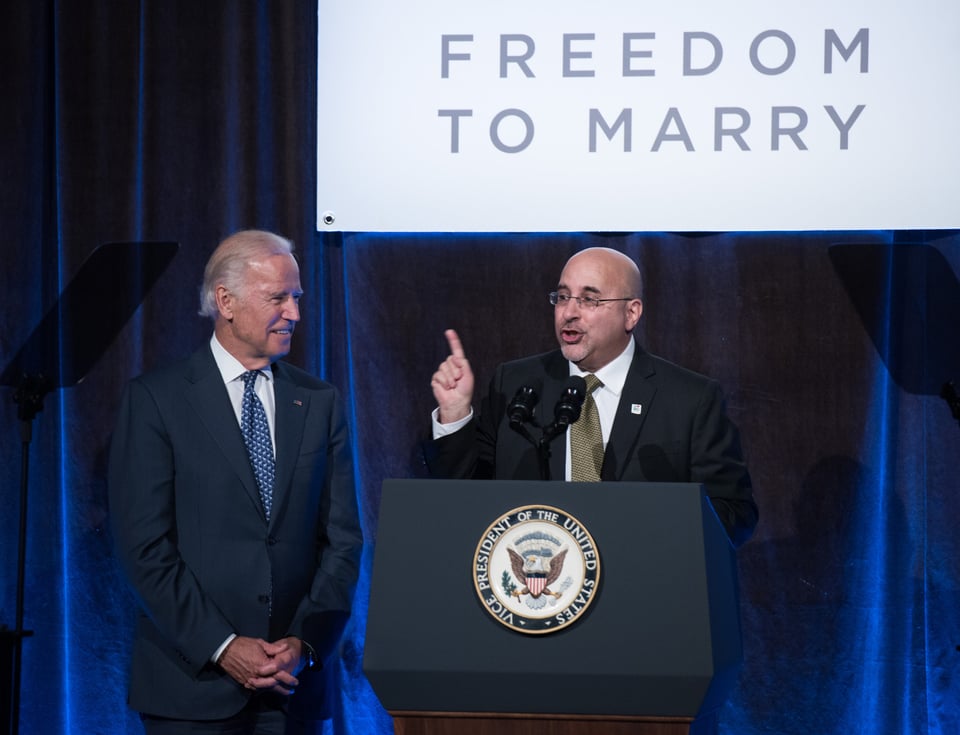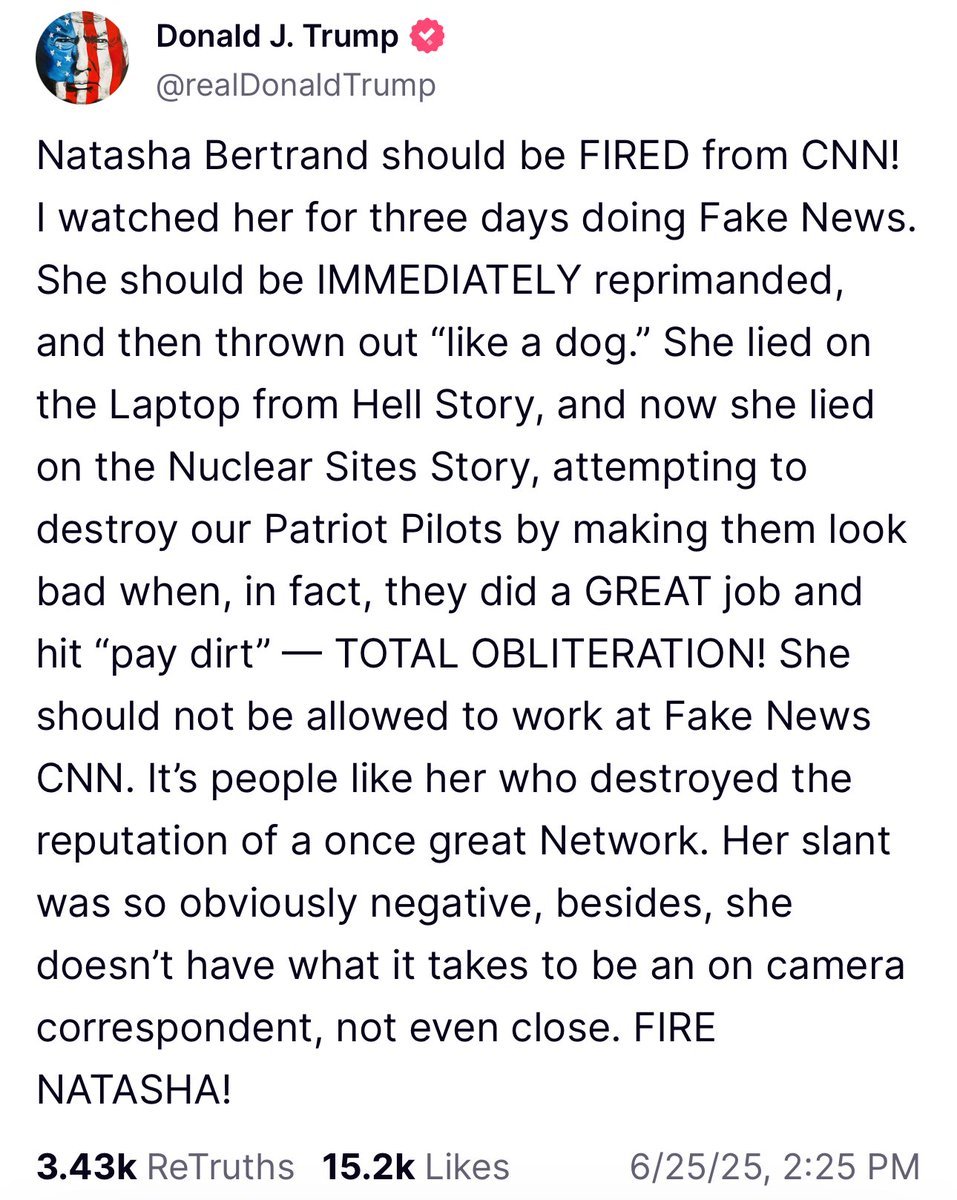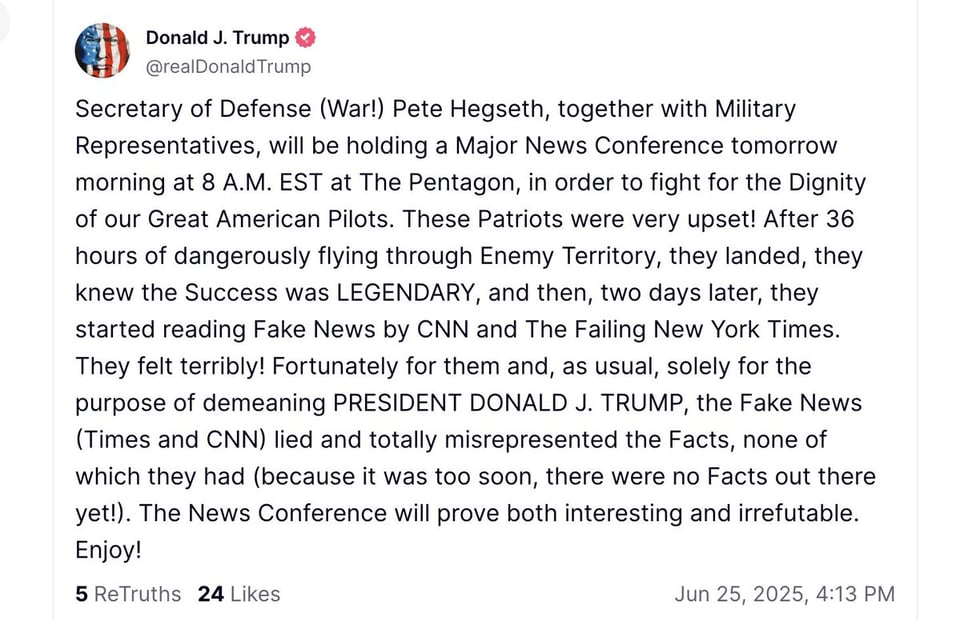Thursday, June 26, 2025. Annette’s Roundup for Democracy.
Same-Sex Marriage Legal Landmark Rulings celebrated today.
Today is the anniversary of Lawrence (2003), Windsor (2013), Obergefell (2015).
Lawrence v. Texas, 539 U.S. 558 (2003), was the landmark decision of the United States Supreme Court in which the Court ruled that U.S. state laws criminalizing sodomy between consenting adults are unconstitutional, based on the concept of a "right to privacy" which is implied but not explicitly assured in the Constitution.
United States v. Windsor, 570 U.S. 744 (2013), was a landmark United States Supreme Court civil rights case in which the Court ruled that Section 3 of the Defense of Marriage Act (DOMA), which denied federal recognition of same-sex marriages, was a violation of the Due Process Clause of the Fifth Amendment.
In the 2015 case Obergefell v. Hodges, 576 U.S. 644, the U.S. Supreme Court ruled that the right to marry is guaranteed to same-sex couples by both the Due Process Clause and the Equal Protection Clause of the Fourteenth Amendment. This decision effectively legalized same-sex marriage nationwide, requiring all states to issue marriage licenses to same-sex couples and to recognize same-sex marriages performed in other jurisdictions.
Where are we now?

A decade after Obergefell, LGBTQ+ rights remain under threat
It's been ten years since the Supreme Court's landmark Obergefell v. Hodges decision legalized same-sex marriage across the U.S. But Jim Obergefell, the case's lead plaintiff, says the fight is far from over — marriage equality remains under threat.
The big picture: Five months into Trump 2.0, LGBTQ+ communities are facing a surge in political and legal challenges.
Still, advocates and individuals are drawing strength from a long history of resilience — and fighting back through court challenges, community gatherings and celebrations of Pride.
But Obergefell says the current political climate casts a shadow over the 10th anniversary of marriage equality.

Jim Obergefell, one of the plaintiffs in the 2015 Supreme Court case which made same-sex marriage the law of the land.
"Never did I expect in 10 years that I would be worried about Obergefell being overturned, that I would be worried about the loss of marriage equality, that I would be worried about so many rights being taken away," Obergefell told Axios.
"While it's something to celebrate that we've made it to 10 years, it's just wrong that we're worried about it making it to 11."
Zoom in - In recent years, anti-LGBTQ+ bills have flooded statehouses, and President Trump's victory has emboldened the GOP's anti-trans blitz.
Shannon Minter, the National Center for LGBTQ Rights' legal director who served as lead counsel in a landmark California marriage equality case, said he's never seen a moment of such "intense, comprehensive, vicious backlash" against the community.
Jenny Pizer, the chief legal officer at Lambda Legal and a driving force in the fight for marriage equality, hears the "devastating echoes of past attacks" today. But the "magnitude and the speed" of the administration's actions makes this moment singular.
At the same time, corporations are going quiet.
Amid corporate America's widespread walk-backs of diversity, equity and inclusion efforts, a number of prominent businesses pulled support from 2025 Pride events.
Between the lines: The Respect for Marriage Act, which President Biden signed into law in 2022, ensures federal recognition of same-sex and interracial marriage. But it does not prohibit states from taking steps to ban or restrict same-sex marriage if Obergefell were overturned.

Evan Wolfson, Founder and CEO of Freedom to Marry, the organization which set the strategy and led the fight for same-sex marriage, with Presdient Biden when the Respect for Marriage Act was signed.
Minter says he does not foresee the decision being directly reversed, but he fears attempts to undermine the full scope of marriage equality, leading toward the kind of "skim milk" marriage the late Justice Ruth Bader Ginsburg warned about in the Windsor case.
Pizer notes, "our Supreme Court right now is more conservative than it's been in a very, very long time." And she sees the Dobbs decision as evidence the high court is "willing to defy what the American people want based on legal arguments that many of us think are completely specious."
What he's saying: "Even if it doesn't happen, we need to be active," Obergefell said. "We need to be involved in fighting to protect it, fighting to protect all the progress we've made in this country for civil and human rights."
Zoom out: Even as these challenges mount, LGBTQ+ visibility and influence are rising nationwide. The number of U.S. households headed by same-sex married couples jumped from 425,357 to 774,553 from 2015 to 2023, per Census data cited by Pew Research Center.
The number of elected officials who identify as LGBTQ+ has nearly tripled since 2017. In 2025, Sarah McBride became the first openly transgender member of Congress, representing Delaware.
LGBTQ+ leaders have served in Cabinet-level roles under both Biden and Trump, and several states have elected LGBTQ+ governors, representatives or senators.
By the numbers: A decade since the decision, a steady majority of Americans support same-sex marriage.
In July 2015, 58% of U.S. adults said marriages between same-sex couples should be recognized by the law as valid and with the same rights as heterosexual marriages, according to Gallup polling. By May 2025, that share had grown to 68%.
Recent polling from a trio of firms on behalf of Centerline Liberties and Project Right Side found that even a majority of Republicans (56%) agree with the right to marry when a neutral option was not provided.
Data from the Redbud Consulting, Echelon Insights and National Research survey found that many people's growing support for same-sex marriage is "primarily driven by personal interactions with gay friends, family, and neighbors."
But with progress, "backlash is a given," Obergefell said. As he did a decade ago, he keeps fighting — for the civil rights trailblazers who came before him, for the LGBTQ+ kids growing up in small towns across the country, and for his late husband John Arthur, whose love inspired historic progress.
"In 10 years, I don't want there to be a need for any organizations fighting for equality, fighting for rights," he says.
"If I'm going to dream, I'm going to dream big." ( Axios)
The New York Mayoral Contest.
Full Victory Speech of Democratic candidate, Zohran Mamdani.👇
New York Times. The Democratic primary winner would typically be considered the front-runner in November’s general election. Yet this fall’s contest promises to be unusually volatile. It will include Mayor Eric Adams, who is running as an independent. Mr. Cuomo also still has the option of running on a third-party ballot line, though he has not committed to continuing his campaign.
Even though the real Trump target was the Nobel Peace Prize, not Iran’s nuclear facilities, he is enraged by the report that makes clear he failed in Iran too.
He has even sent Little Mario out to challenge the report. Poor, pathetic little Mario.
Iran ‘much further away’ from building nukes after US strike, Rubio says

THE HAGUE, Netherlands – Secretary of State Marco Rubio said on Wednesday that Iran is “much further away from a nuclear weapon” amid new intelligence assessments that a U.S. strike did not destroy three of the country’s nuclear sites.
Rubio, in an exclusive interview with POLITICO’s Dasha Burns on the sidelines of the NATO summit, offered a more measured assessment than President Donald Trump, who has insisted that Iran’s sites at Fordo, Natanz and Isfahan have been “completely destroyed.”
“The bottom line is, they are much further away from a nuclear weapon today than they were before the president took this bold action,” Rubio said. “That’s the most important thing to understand — significant, very significant, substantial damage was done to a variety of different components, and we’re just learning more about it.”
A preliminary intelligence report by the Defense Intelligence Agency found that the strikes on Tehran’s nuclear program set it back by only a few months, CNN reported. Other news outlets confirmed the reporting.
The U.S. intelligence community will continue to produce assessments in the coming days and weeks, and different spy agencies within the government often do not agree with each other as they produce their analysis.
Rubio dismissed the media reports as “false” and said they did not capture the full picture.
“I hate commenting on these stories, because often the first story is wrong and the person putting it out there has an agenda,” he said. “That story is a false story, and it’s one that really shouldn’t be rereported because it doesn’t accurately reflect what’s happening.”
Trump, meanwhile, has used social media to muse about regime change in Iran. Yet Rubio said that is not Washington’s goal. (Politico)
The sore loser speaks.
He is really upset.


Analysis by Andrea Mitchell
Trump is on a slippery slope as he disputes intelligence on Iran strikes.
“Obliterated” is the way President Donald Trump has described Iran’s Fordo nuclear facility, both within hours of Saturday’s complex B-2 strike and again today. At the NATO summit, he and his national security team are furiously disputing a preliminary Pentagon intelligence analysis that the destruction of the nuclear program was less than complete.
The conflict betrays a continuing misunderstanding by the White House of the nature of intelligence.
The Defense Intelligence Agency is one of 17 agencies intensely studying the results of the extraordinarily precise bombing mission. The pilots did their jobs: They flew for 37 hours and hit their targets, for the first time dropping 14 massive “bunker buster” bombs in combat.
Now analysts, using complex measuring devices of soil disturbances, atmospheric dust, debris from bomb craters and electronic intercepts of Iranian conversations, among other data, are assessing the remaining risk of a reconstituted nuclear threat. It could take months — or forever — to have absolute confidence or unanimity in a conclusion. Their job is to provide a continuous flow of intelligence to the commander in chief and his advisers so they can decide what to do next.
The slippery slope here is for the president and his team to jump to conclusions that the strike “obliterated” anything. Today Trump also said of Iran: “I don’t see them getting back involved in the nuclear business anymore. I think they’ve had it.”
But the independent International Atomic Energy Agency reports Iran most likely moved its highly enriched uranium to other underground locations before the U.S. strike. Foreign Minister Abbas Araghchi told me last Friday the United States could bomb Iran’s nuclear program but not its knowledge. And now Iran is still insisting on its right to continue enriching uranium, despite never having explained why it needed to enrich nuclear fuel to near-weapons grade 60% purity — far beyond what is required for peaceful use.
Late Wednesday, CIA Director John Ratcliffe, in what appeared to rebalance the debate, issued a statement that the CIA can confirm “credible intelligence” indicating Iran’s nuclear program has been “severely damaged” by the U.S. strikes, destroying several nuclear facilities that would take years to rebuild. He did not say Iran had given up its nuclear aspirations or could not rebuild.
If Trump and his team want political spin instead of honest, if preliminary, intelligence, they will end up getting sources like the agent code-named “Curveball,” who said Iraq had developed biological weapons, leading the CIA director to call it a "slam dunk." That is how presidents mistakenly launch forever wars. (NBC)